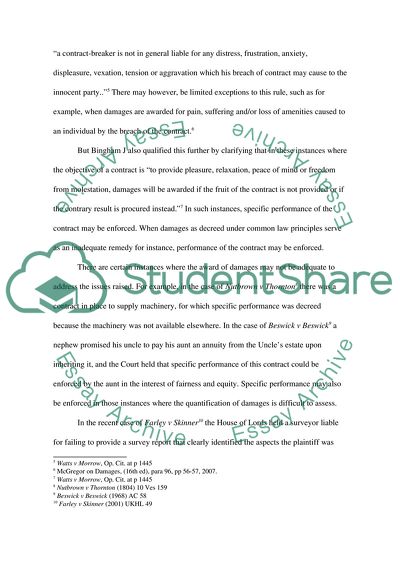Cite this document
(Equity and Trusts Law Case Study Example | Topics and Well Written Essays - 2000 words, n.d.)
Equity and Trusts Law Case Study Example | Topics and Well Written Essays - 2000 words. Retrieved from https://studentshare.org/law/1716125-equity-and-trusts-law
Equity and Trusts Law Case Study Example | Topics and Well Written Essays - 2000 words. Retrieved from https://studentshare.org/law/1716125-equity-and-trusts-law
(Equity and Trusts Law Case Study Example | Topics and Well Written Essays - 2000 Words)
Equity and Trusts Law Case Study Example | Topics and Well Written Essays - 2000 Words. https://studentshare.org/law/1716125-equity-and-trusts-law.
Equity and Trusts Law Case Study Example | Topics and Well Written Essays - 2000 Words. https://studentshare.org/law/1716125-equity-and-trusts-law.
“Equity and Trusts Law Case Study Example | Topics and Well Written Essays - 2000 Words”, n.d. https://studentshare.org/law/1716125-equity-and-trusts-law.


